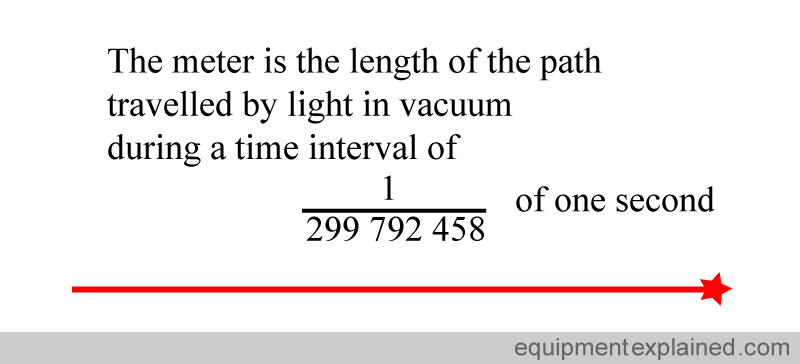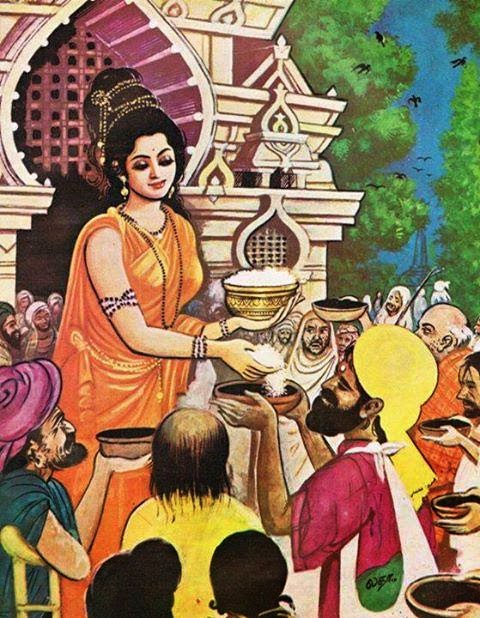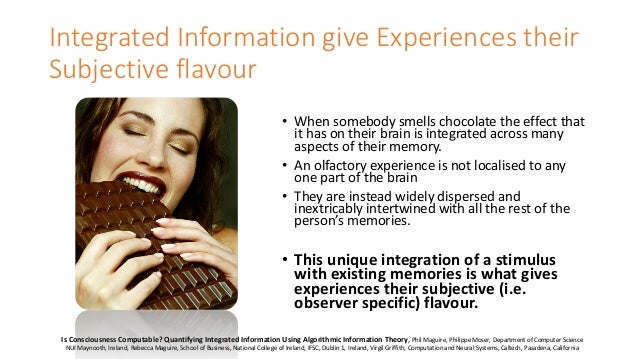This week’s topic is ஆறற்ற ஆறு
Instead of explaining how I m going to deal this topic, I m going to go about with the post and throw some markers around.
I get to see a lot of, “I am a rationalist and I trust science as it provides methodological proofs”. By definition, rationalism is where reason has precedence over other means of acquiring knowledge. Science for long has been trying to look things with a materialist perspective. Materialism, simply put, is a belief that all things that exist are physical.
Science is in a paradoxical era where scientists claim that they are solving reality riddles and coming up with a theory of everything that in turn infers God is a delusion. On the other hand, philosophers are coming up with questions that throw light on glaring limits of science.
Science is so engrossed in formulating a “Theory of everything” but their fundamental assumptions are now under question.
This post is an attempt to see if we can challenge the philosophy of science.

10 Dogmas of Science (aligning with History and Philosophy of Science)
- Everything is essentially mechanical. A universe is a machine and our brains are genetically programmed computers
- The matter is unconscious.
- With the exception of Big Bang, the total amount of matter and energy are always same
- Laws of nature are fixed
- Nature is purposeless and evolution has no direction
- Biological inheritance is material.
- The mind is inside our head and it is a byproduct of brain activities.
- Memories are the material traces in brain
- Psychic phenomenon is all delusion
- Mechanistic medicine is the only kind that works. Alternative medicines even if they work, is purely by chance or coincidence.
These dogmas are essentially the basic philosophy of materialism. Rationalism and Materialism are confused due to these exact 10 dogmas. Leaving the concept of God aside, how would you go about refuting these dogmas and prove that the fundamental rule set is flawed.
Science defines a set of fundamental constants and they have been given some numbers. All it takes is some 26 fundamental constants to define our universe. Question is, how constant is this constant. Did they not change at all?!
Gravitational constant or Big G is one of the fundamental constants of the universe and it appears to have gone through a considerable change in value. Big G is part of most equations that define motion of planets, cosmos expansion,etc.,
Look at the variations in the constant:

Okay, even if you actually want to argue gravitational force is the weakest and not so important, let’s look at two fundamental units - meter and speed of light - one defines the other.

This constant has been scientifically proven to be a varying one here This means the most famous Theory of Relativity is open for re-interpretation.
Science strongly believes that everything is material or physical. Till date, science has not proved this as fact but is trying to pile up some empirical evidence (cult of facts) over this assumption.
Apart from some trivial questions like, why can’t the laws of nature evolve, there is a huge assumption about the mind-body relationship in these dogmas. That brings us to the concept of consciousness.
Consciousness
Almost every philosopher has put forth this idea of consciousness. Carvaka Lokayata is a school of thought that upholds a skeptic view of this consciousness. It defines consciousness as a property of body and not part of the body. It is said that Bhutavada, Lokayata and Carvaka were practiced in South India during the first century. Since we don’t have philosophical treatise preserved during that period, we have to take a look at the major 5 Tamil literary works. The literary works during those periods were broadly classified under two general: அகம் and புறம் .
There are verses in Manimekalai that goes as follows:
“Were you present when your parents conceived you? … How can you be sure they are your parents, other than by inference (anumana)? …Truth cannot be known without employing forms of reasoning though not based on direct observation. Therefore, do not view such conclusions with doubt.“

Purananuru - Verse:18
நீரும் நிலனும்!
பாடியவர்; குடபுலவியனார்.
பாடப்பட்டோன் : பாண்டியன் நெடுஞ்செழியன். திணை: பொதுவியல்.
துறை: முதுமொழிக் காஞ்சி : பொருண்மொழிக் காஞ்சி எனவும் பாடம்.
முழங்கு முந்நீர் முழுவதும் வளைஇப்
பரந்து பட்ட வியன் ஞாலம்
தாளின் தந்து, தம்புகழ் நிறீஇ:
ஒருதாம் ஆகிய உரவோர் உம்பல்!
ஒன்றுபத்து அடுக்கிய கோடிகடை இரீஇய
பெருமைத்து ஆக நின் ஆயுள் தானே!
நீர்த் தாழ்ந்த குறுங் காஞ்சிப்
பூக் கதூஉம் இன வாளை,
நுண் ஆரல், பரு வரால்,
குரூஉக் கெடிற்ற, குண்டு அகழி;
வான் உட்கும் வடிநீண் மதில்;
மல்லல் மூதூர் வய வேந்தே!
செல்லும் உலகத்துச் செல்வம் வேண்டினும்,
ஞாலம் காவலர் தோள்வலி முருக்கி,
ஒருநீ ஆகல் வேண்டினும், சிறந்த
நல்இசை நிறுத்தல் வேண்டினும், மற்றதன்
தகுதி கேள், இனி, மிகுதியாள!
நீர்இன்று அமையா யாக்கைக்கு எல்லாம்
உண்டி கொடுத்தோர் உயிர்கொடுத் தோரே;
உண்டி முதற்றே உணவின் பிண்டம்;
உணவெனப் படுவது நிலத்தோடு நீரே;
நீரும் நிலனும் புணரியோர் ஈண்டு
உடம்பும் உயிரும் படைத்திசி னோரே;
வித்திவான் நோக்கும் புன்புலம் கண்ணகன்
வைப்புற்று ஆயினும், நண்ணி ஆளும்
இறைவன் தாட்குஉத வாதே; அதனால்,
அடுபோர்ச் செழிய! இகழாது வல்லே
நிலன்நெளி மருங்கின் நீர்நிலை பெருகத்
தட்டோர் அம்ம, இவண்தட் டோரே;
தள்ளா தோர்இவண் தள்ளா தோரே.Here there is no mention of a creator or the mercy of the gods. Man can produce food by knowing the Svabhava of elements and intervene to produce conditions for their combination to attain his set goal, namely, the production of foodgrains.
There are many such references to materialism (பொருள்முதல்வாதம் )in our literature. More details here
Science puts forth a major claim that this consciousness is within the thresholds of our brain. But philosophers argue that consciousness is not limited to the boundaries of the brain.
This field of studying consciousness has interested quite a lot scientists in the recent years. In 2008, neuroscientist Giulio Tononi at the University of Wisconsin-Madison’s Center for Sleep and Consciousness put forward his “integrated information theory,” which is currently accepted as one of the most compelling explanations about what consciousness is.

Consciousness is the most argued and studied field in science. It has almost 20000 papers and no consencus yet. And this is not just a modern concept, there are references to it in Tholkappiyam
ஒன்று அறிவதுவே உற்று அறிவதுவே
இரண்டு அறிவதுவே அதனொடு நாவே
மூன்று அறிவதுவே அவற்றொடு மூக்கே
நான்கு அறிவதுவே அவற்றொடு கண்ணே
ஐந்து அறிவதுவே அவற்றொடு செவியே
ஆறு அறிவதுவே அவற்றொடு மனனே
நேரிதின் உணர்ந்தோர் நெறிப்படுத்தினரே.
புல்லும் மரனும் ஓர் அறிவினவே
பிறவும் உளவே அக் கிளைப் பிறப்பே.
நந்தும் முரளும் ஈர் அறிவினவே
பிறவும் உளவே அக்கிளைப் பிறப்பே.
சிதலும் எறும்பும் மூ அறிவினவே
பிறவும் உளவே அக் கிளைப் பிறப்பே.
நண்டும் தும்பியும் நான்கு அறிவினவே
பிறவும் உளவே அக் கிளைப் பிறப்பே.
மாவும் மாக்களும் ஐ அறிவினவே
பிறவும் உளவே அக் கிளைப் பிறப்பே.
மக்கள்தாமே ஆறு அறிவு உயிரே
பிறவும் உளவே அக் கிளைப் பிறப்பே.